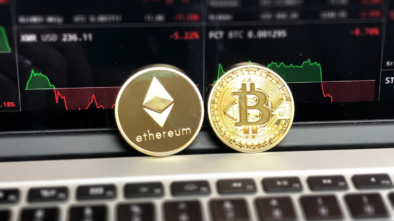Financial Superintendence in Colombia Develops Norms for Crypto Transactions
The Financial Control Authority of Colombia, the country’s financial and securities watchdog, is drafting a document to regulate transactions and activities using digital currency assets in the country. The organization has announced that in the coming weeks it will publish a document outlining the rules for working with these assets in Colombia’s financial system. Latin American governments are now taking cryptocurrency regulation seriously as adoption in their countries has begun to reach such numbers. Colombia’s Financial Supervision Authority, which controls the country’s financial system, is preparing a set of rules that will apply to the use of cryptocurrency in the country. This was stated by the president of this organization, Jorge Castano, during the event in Barranquilla. The document under consideration for an approval is now in the hands of the Central Bank of Colombia for review and comment. This is not the first time the company has dealt with cryptocurrencies.
The financial watchdog was run by a pilot program called a “sandbox” that would allow crypto exchanges to work with private banks in the country, making it easier for users to buy digital currencies. Although Colombia has recently been known as a source of cryptocurrencies, the country is slowly leaning toward digital currencies. This is interesting for LATAM exchanges like Ripio and Pitsu, which have recently expanded their operations in the country. In addition, Colombia is one of the countries in Latin America with the highest number of crypto ATMs after El Salvador, which has deployed several Chivo ATMs to improve its national wallet infrastructure.
This is why regulators are now in the process of introducing digital currency to regulate the industry in the country. This month, the nation’s first bill to regulate cryptocurrency exchanges passed its first debate, which regulators hailed as a way to crack down on widespread fraud and Ponzi schemes. The interaction of the new rules and how they will work with those rules is still unclear.
Read more: Lazarus Group from North Korea is connected to the $100M Harmony exploit









